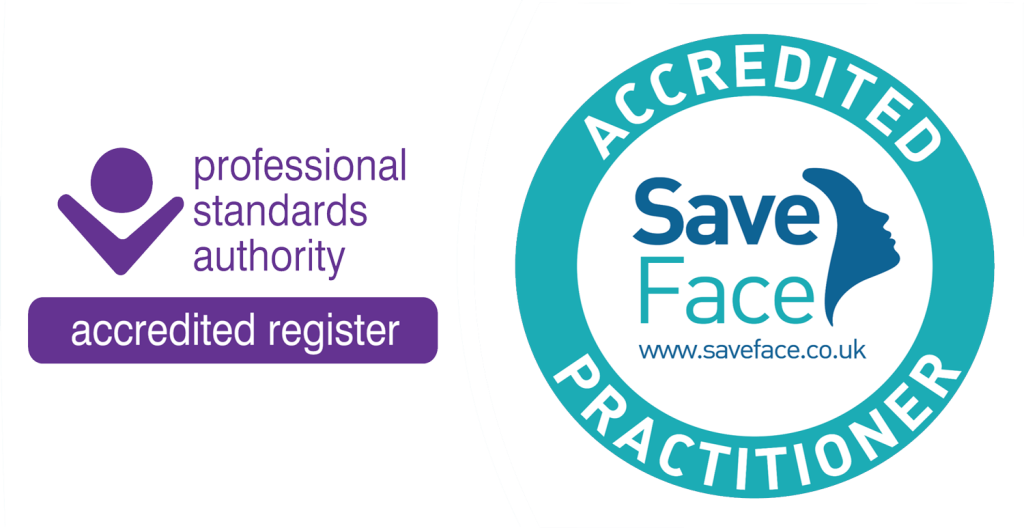In this latest blog post, Ruth dispels some facial myths and tells you the honest truth about our No.6 treatments.
On a daily basis we find ourselves educating our clients on beauty treatment misconceptions and how the media can turn a perfectly safe, results driven treatment (when performed by a trained aesthician) into something from a horror movie. We thought we would share some of our most common FAQ’s about advanced facials, so you can make an informed decision about whether they are the right treatment for you.
(Although this is a general Q&A, we offer complimentary 30 minute consultations in house so we can establish which of our facials would be best suited for each individual)
Q: Peels are painful, I’ll turn tomato-red and all my skin is going to fall off (think Samantha in Sex and the city)
A: We offer peels in many different strengths, depending on your skin’s tolerance, how long you have been using advanced products for and what results you are hoping to achieve. Some of our peels are even suitable for clients who have very sensitive skin and rosacea.
If it’s your first facial with us, and you’re a skin care novice, we will start with one of our milder peels. Using one of our Dermaquest peels, which has lactic acid (which your skin already has within it- so is very well tolerated) and gradually building you up at a pace you and our Aesthetician are both comfortable with.
Yes, some people do have a reddening to their skin after a peel. Again, depending on the peel strength, your skin’s natural sensitivity and your routine at home, can all be contributing factors in how ‘pink’ your skin may turn. Some clients like to have a high colour in their face after a treatment because they feel like the product had been active on their skin, whereas others may ask for a milder peel on certain days, as they’re out for lunch after their appointment. So as normal as having a slightly ‘pink’ face is after a peel, this will fade in 24 hours (usually much sooner).
As I said earlier, peels come in many different strengths and varieties, treating many different skin concerns. Whilst some peels can make your skin ‘peel’ (think after a sunburn), none should result in you leaving a full skin face mask on your pillow when you wake up. Whether your skin peels after a treatment, or not, isn’t a reflection of how effective the peel was and instead is down to each individual, as our skins all react differently.
If you are concerned about having an advanced facial before an event, I would recommend having a ‘trial’ facial 4-6 weeks before to see how your skin reacts to the treatment, then you can judge when would be best to have the treatment before your special occasion. Or better still, have a course of treatments 3-6 months beforehand so that your skin has plenty of time to adapt to the facials and home care products, all ensuring that your skin is looking it’s best.
Q: Results driven facials aren’t relaxing.
A: False! Many clients say they feel relaxed during our treatments and describe a ‘floaty’ feeling afterwards. Many even nod off during our facials…
As part of the treatment, we offer clients a massage which focuses on the neck and shoulders, hands and arms, or feet. A little added touch which makes the treatment that much more enjoyable and relaxing.
I find that many clients are just thankful for a lie down and some time for themselves. So many of us have hectic lifestyles, long commutes and children at home, so having time to themself goes a long way for not only their skin health but mental wellbeing too.
Q: When my therapist does my massage I’d like more/less pressure…
A: Of course you want the pressure to be right, you’ve been looking forward to your treatment all week. Pre-treatment, we will ask you to state your preference on pressure and right at the start of the treatment, we will check in that you’re happy with the pressure applied. Some areas may be more sensitive, or require a bit more elbow grease, so please let us know if you’d like us to adjust our pressure.
If you come in for regular treatments, your therapist will get used to how you like your massage done, making sure it’s a bespoke treatment for you every time.

















